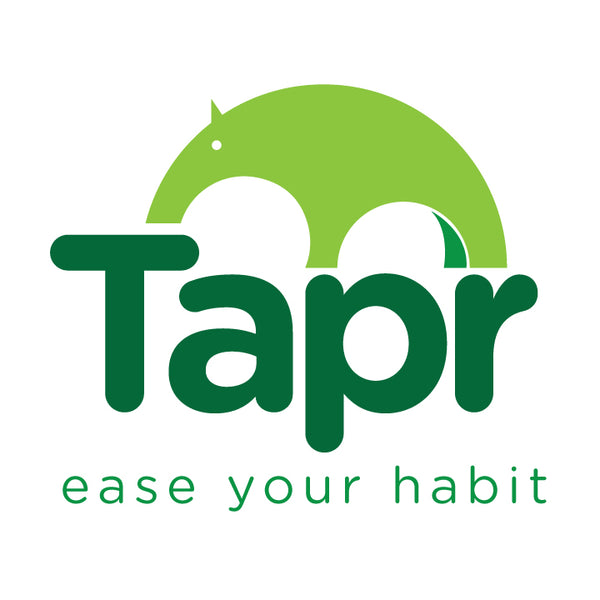The Memory Fog Timeline: When Your Brain Actually Clears After Quitting Cannabis
Share

The Paradox of Early Recovery
Weeks 1-2: Your memory might feel worse than when you were using. This isn't imagination:
- Sleep Architecture Disruption: REM rebound interferes with memory consolidation
- Stress Hormone Surge: Elevated cortisol impairs hippocampal function
- Attention Deficit: Without cannabis, your focus scatters before reorganizing
The Cognitive Recovery Timeline
Week 1: Acute Fog
- Short-term memory noticeably impaired
- Word finding difficulties
- Concentration spans of 10-15 minutes max
Weeks 2-3: The Confusion Phase
- Some moments of clarity mixed with dense fog
- Emotional memories may surface intensely
- Reading comprehension improves slightly
Week 4: First Clear Morning
- One morning, you'll wake up and notice it - actual mental clarity
- This comes and goes initially
- Executive function starts returning
Weeks 5-8: Steady Improvement
- Consistent morning clarity
- Afternoon fog persists but lessens
- Complex problem-solving returns
Weeks 9-12: New Baseline
- Memory function exceeds pre-quit levels
- Verbal fluency restored
- Sustained focus for 45-90 minutes
What's Happening: The Hippocampal Healing Process
Your hippocampus - the brain's memory center - has been suppressed by chronic THC exposure. During recovery:
- Neurogenesis Resumes: New brain cells start forming again in the hippocampus
- Synaptic Pruning: Your brain clears out THC-adapted neural pathways
- Receptor Rebalancing: CB1 receptors in memory regions normalize
Tapr's Daily User pack may help you with this re-balancing process.
Memory Exercises That Actually Help
Skip the brain training apps. These evidence-based practices accelerate recovery:
Week 1-2: Survival Mode
- Write everything down. External memory is your friend.
- One task at a time. Multitasking is impossible right now.
- 20-minute walks. BDNF from exercise directly aids hippocampal recovery.
Week 3-4: Active Recovery
- Memory palace technique: Attach new information to familiar locations
- Read fiction for 15 minutes daily. Story comprehension rebuilds neural networks.
- Learn 5 new words weekly. Vocabulary expansion stimulates hippocampal growth.
Week 5+: Acceleration Phase
- Take up a musical instrument or language. Complex learning drives neuroplasticity.
- Teach someone something. Teaching consolidates your own memory.
- Practice recall, not recognition. Test yourself without looking at notes.
Factors That Speed Recovery
Sleep Quality: Every hour before midnight counts double for memory consolidation
Omega-3 Intake: DHA directly supports hippocampal neurogenesis. Aim for 2g daily.
Stress Management: Chronic stress hormones directly oppose memory recovery
Social Connection: Conversation exercises multiple cognitive systems simultaneously
Factors That Slow Recovery
- Alcohol use (even moderate)
- Poor sleep hygiene (Tapr Better Sleep pack is designed to help with this).
- Isolation
- Passive consumption (endless scrolling vs. active learning)
Managing Professional Life During Recovery
The fog is real, but you can navigate work:
- Front-load important tasks in the morning when clarity peaks
- Take detailed notes in meetings
- Use voice recordings for important conversations
- Be honest with yourself about capacity - this is temporary
The Hidden Benefit
Here's what heavy users discover around week 8-10: Your memory doesn't just return to baseline. It improves beyond what you remember as "normal." Years of cannabis use taught your brain to function at 70%. During recovery, you're not just returning to 100% - you're discovering what 100% actually feels like.
